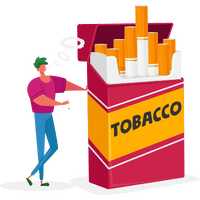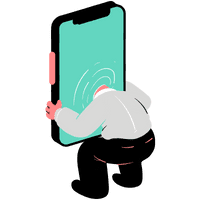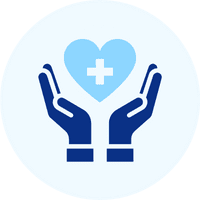Get help from top Addiction Psychologists
![]() Time-bound treatment approach
Time-bound treatment approach
![]() Affordable, Online Therapy & Counselling
Affordable, Online Therapy & Counselling
![]() Schedule Appointments that fit your schedule
Schedule Appointments that fit your schedule
![]() Holistic healing with therapy, yoga & meditation sessions
Holistic healing with therapy, yoga & meditation sessions
Begin Therapy
Consult online with best Therapists
Addiction Psychologists near me
If you or someone you love is struggling with an addiction, it can feel like the world is against you. But there are people who can help. Addiction psychologists can provide guidance and support as you work to overcome addiction. In many cases, these psychologists can also provide treatment for addiction.
If you’re looking for a psychologist who specializes in addiction, try looking online. There are several websites that list addiction psychologists near you and provides online therapy. You can also ask your friends, family, or coworkers if they know of any good psychologists.
Types of Addiction






Meet the Best Psychologists




Happy Customers from Around the World

“I was apprehensive about making an appointment for my husband, but I am so glad I did. He has been struggling with addiction for over six years and this was the first time he wanted to see somebody to help him. He feels like a new man now.”
- Elaine
Frequently Asked Questions
Addiction counselors conduct drug abuse examinations and assessments, provide patients with emotional support, and conduct one-on-one, couple, and family therapy sessions to get to the root of the addiction.
The four C’s of addiction can help you determine if someone’s addictive behavior is a mental health issue that requires treatment. These C’s stand for compulsion, appetites, consequences, and control.
The most frequent reasons for addiction are chronic stress, mental illness, a family history of addiction, and previous trauma. If you comprehend how these causes might lead to substance abuse and addiction, you can learn to stay away from developing an addiction yourself.
Addiction is often characterized by a loss of control and an inability to stay away from the substance or behavior in question. Other signs include reduced socializing, ignoring risk factors, and breaking promises.
Withdrawal symptoms can be extremely difficult to deal with, both physically and mentally. In addition to other withdrawal symptoms, some people may experience convulsions or tremors, anxiety, disorientation,sweating, palpitations, or even hyperthermia. If you are experiencing any of these symptoms it is important to seek medical attention immediately as this could be a life threatening emergency.

